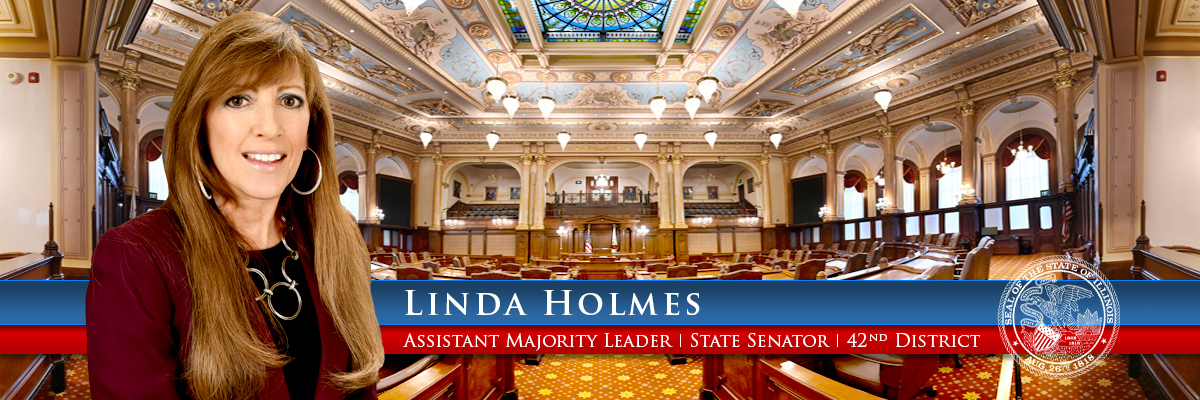“If we can’t keep track of where we stand financially, how can we possibly get our
fiscal house in order?” – Senator Linda Holmes
SPRINGFIELD, IL – Archaic. That was the word used to describe Illinois’ outdated and inefficient accounting systems, according an Auditor General’s report last year. But major reform legislation, sponsored by Illinois Senator Linda Holmes (D-Aurora), advanced the Senate today to ensure state
agencies are more timely and accurate when processing financial reporting data.
Senate Bill 3794 is the culmination of more than a years-worth of meetings and negotiations after a February 2011 audit revealed the state’s current way of financial reporting is comprised of over 250 different and extremely costly accounting systems. And over 80% of the outdated systems are not compliant with Generally Accepted Accounting Principles (GAAP).
These factors have resulted in untimely financial reporting of the true financial position of the State, negatively affecting the State’s bond rating and jeopardizing federal funding opportunities.
“If we can’t keep track of where we stand financially, how can we possibly get our fiscal house in order?” Senator Holmes said. “This is a first step in addressing a serious problem that’s been growing for years.”
The legislation created the Financial Reporting Standards Board and requires state agenices to complete and submit an initial audit of the agency to the Board. The Comptroller’s Division of Financial Reporting will assist state agencies during the GAAP process, review GAAP practices and prepare the Comprehensive Annual Financial Report required by state law, and cooperate with the Board regarding qualifications, training and education requirements, and best practice guidelines for GAAP.
“We need to know where our state’s finances stand and make a long-term plan that lays out where we are headed. We cannot afford to continue down a path of fiscal irresponsibility and these reforms will bring fiscal integrity back to Illinois,” Holmes added.
After passing the Senate, the measure now moves to the Illinois House of Representatives where it will be given further consideration.




